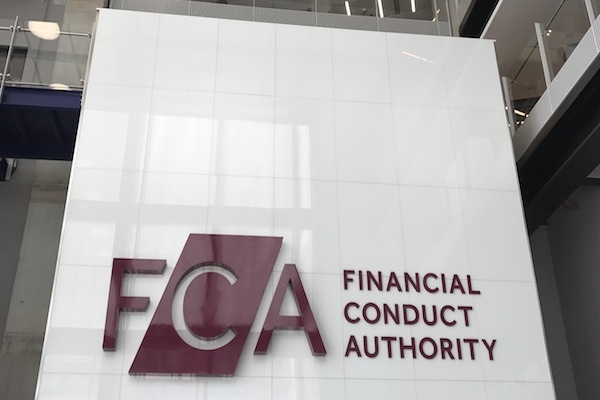Proposals from the FCA would require investment advisers to set aside a minimum of 28% of potential liabilities in advance to compensate investors if bad advice is given.
The potential redress liabilities would also be required to be reported to the regulator.
The 28% figure is based on an average of three years of uphold rates of complaints related to pension and investment advice.
The calculation would include any claims received by a firm not yet resolved and any instances where there is a ‘foreseeable harm’ from advice given or a ‘recurring or systemic problem’ with the firm’s complaints handling.
The regulator said firms could account for their professional indemnity insurance cover when making calculations, which in some cases could cover the extra capital required.
If any investment advice firm does not hold enough capital it will be subject to automatic asset retention rules to prevent it from disposing of their assets, the FCA said.
According to the FCA consultation paper, the regulator expects between 750 and 1,550 investment advice firms to set aside extra capital for compensation. Some firms may need to reserve profits as capital to meet the requirements, the FCA said.
The FCA also estimated that around 40-150 firms would face asset retention orders.
The regulator estimated that proposals would cost smaller advice firms around £1,000 per year, whereas larger firms could expect to pay £10,000 initially with £40,000 annually.
The new rules would be in addition to current capital adequacy requirements and would not replace them.
Current capital adequacy rules require that all advice firms must hold the higher figure of either £20,000 or 5%-10% of annual income from investment business in capital.
In its latest consultation paper the FCA noted that many firms already choose to hold significantly more capital than the minimum regulatory requirement.
According to the figures from the regulator, 45% of financial advice firms currently hold £100,000 in excess capital.
It added that despite the increase in capital requirements in 2016, requirements for capital reserves still remain low in comparison to other types of regulated firms.
The move is seen as an attempt by the FCA to combat the growing problem of failed investments advisers who provided bad advice and then dump their liabilities on the Financial Services Compensation Scheme (FSCS).
The FSCS paid out nearly £760m between 2016 and 2022 for poor advice provided by failed personal investment firms. Some 95% of this was generated by just 75 firms, the FCA said.
The FCA says the proposals will create, “a significant incentive” for firms to provide good advice in the first place and to right wrongs quickly.
The measures would exclude about 500 sole traders and unlimited partnerships from the automatic asset retention requirements. Firms that are part of prudentially supervised groups, which assess risk on a group-wide basis, would also be excluded.

